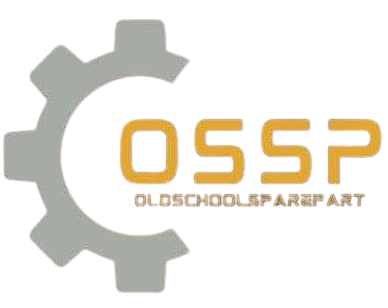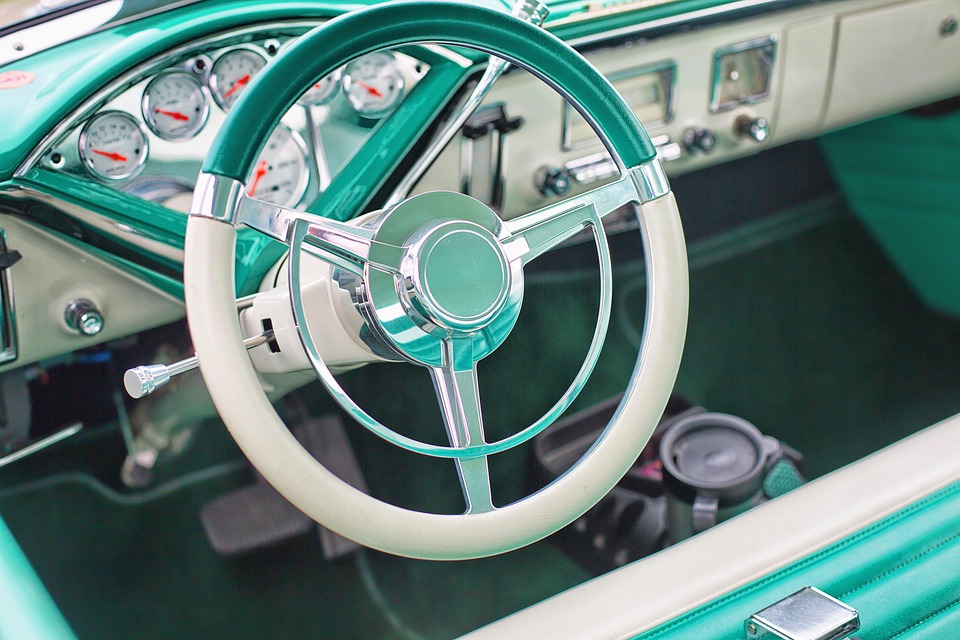The market for old school spare parts has grown significantly, driven by the passion of automotive enthusiasts and the increasing popularity of classic car restoration. This article explores the economic impact of old school spare parts, examining how they contribute to local economies, support small businesses, and create job opportunities.
The Classic Car Market
The classic car market is a multi-billion-dollar industry, with enthusiasts willing to invest significant sums into restoring and maintaining vintage vehicles. Old school spare parts are crucial in this market, as they provide the necessary components for restoration projects. As more people turn to classic cars as investment opportunities, the demand for authentic parts continues to rise.
According to industry reports, the classic car market has seen consistent growth over the past decade. Events such as car shows, auctions, and restoration competitions attract thousands of enthusiasts, generating revenue for local businesses and boosting tourism. The popularity of classic cars has also led to an increase in specialized services, such as restoration shops and automotive repair services.
Supporting Local Businesses
The market for old school spare parts supports a variety of local businesses, from specialty auto parts stores to restoration shops. Many of these businesses are family-owned and operated, contributing to the local economy by creating jobs and fostering community relationships.
Restoration shops, in particular, have become essential for enthusiasts seeking to restore their classic cars. These shops often employ skilled craftsmen with extensive knowledge of vintage vehicles, providing valuable services that require expertise and precision. The demand for restoration services drives economic growth, as customers invest in their projects and support local businesses.
Job Creation and Skill Development
The classic car industry also creates job opportunities across various sectors. Skilled labor is essential for sourcing, restoring, and installing old school spare parts. Positions such as mechanics, restorers, and parts specialists are in high demand, allowing individuals to develop specialized skills in automotive restoration.
Additionally, the resurgence of interest in vintage cars has prompted educational programs and workshops focused on classic car restoration. These initiatives aim to teach the next generation of enthusiasts and mechanics the skills needed to work on older vehicles, ensuring that the knowledge and craftsmanship of the past are passed down.
The Role of Online Marketplaces
The rise of online marketplaces has transformed the way enthusiasts buy and sell old school spare parts. Platforms dedicated to classic car parts allow individuals to connect with sellers worldwide, expanding the market for vintage components. This accessibility has made it easier for restorers to find hard-to-find parts, driving demand and stimulating economic growth.
Moreover, online forums and communities foster collaboration, allowing enthusiasts to share resources, tips, and experiences. This sense of community not only strengthens the classic car culture but also promotes local businesses that cater to the needs of enthusiasts.
The economic impact of old school spare parts extends beyond the automotive industry, contributing to local economies, supporting small businesses, and creating job opportunities. As the classic car market continues to grow, the demand for authentic parts will remain strong, ensuring that the legacy of vintage vehicles endures. By investing in old school spare parts, enthusiasts not only preserve automotive history but also support a vibrant industry that enriches communities and fosters a passion for classic cars.

